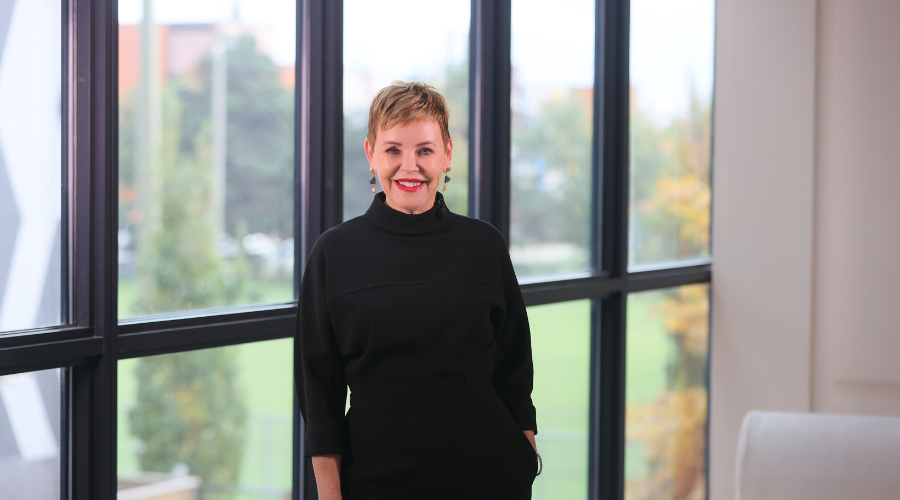If you haven’t given yourself permission to explore your passions or develop new interests, it’s never too late. It’s okay to move from a job to retirement to unretirement in the space of a few months, as I did. In fact, the research is in, showing that seniors who are occupied and feel that they are useful and socially engaged live longer.
I’d say, don’t let others criticize you for being “too busy.” Busy is good as long as you love what you are doing, according to a host of expert researchers who’ve followed longevity issues since the 1950s. At the same time, don’t feel you must stay in the traditional workforce. There are different smart strategies to finance your senior years without depleting your health. Many boomers have amassed considerable equity in their homes, or have pensions, or a combination of both.
Here are some examples from an article in StriaNews.com about the documented correlations of being purposeful and living longer:
- Dr. Robert Butler joined the U.S. Institute of Health in 1955 where he and his research team followed the health and longevity of people over the age of 65 for decades. In 1976, his book Why Survive? Being Old in America, which won the Pulitzer Prize, argued that “people who had a strong sense of purpose in their lives lived longer than those who didn’t have a clearly defined purpose. Moreover, people who woke up each morning with clear goals for their life not only lived longer, they also lived better than their peers (higher quality of life).”
- Tara Gruenewald, chair of the department of psychology at California’s Crean College of Health and Behaviour Sciences at Chapman University, discovered that people who perceive themselves as being useful had a stronger feeling of well-being and were less likely to become disabled or to die during a seven-year follow-up period than those who didn’t see themselves this way.
- Eric Kim of Harvard’s School of Public Health shows that the physical benefits of a sense of purpose are well-documented. “Using data from the Health and Retirement Study at the University of Michigan, he and his colleagues have found that people who report higher levels of purpose at one point in time have objectively better physical agility four years later than those who report less purpose. There is even a ‘dose response’—meaning, for every jump in purpose scores, people were 13-14 percent less likely to experience physical declines in grip strength and walking speed.”
Though initially skeptical that purpose could have this kind of an impact, Kim is now convinced otherwise. “It’s very interesting to see how this construct of purpose—which has long been discussed by philosophers and theologians—is associated with all of these benefits,” Kim says. “It’s not counterintuitive to me anymore; though it is when I present this kind of research to cardiologists or other scientists.”
When I first retired from teaching, quite a few people scoffed at how busy I was. They suggested that it was “trendy” to act busy after you retire, and nothing more. Why retire if I was going to work just as hard or harder at writing books, they asked? Some gave me looks of pity asking, “who publishes her first novel in her sixties?”
In fact many writers do, among them the English novelists Penelope Fitzgerald and Mary Wesley. Wesley wrote ten bestsellers about older adults and the first one was published when she was 71. She was one of Britain’s most successful novelists, selling three million copies of her books, including ten bestsellers in the last 20 years of her life. Her most popular books, Joining the Queue and The Chamomile Lawn, were both successfully adapted for television.
According to her biography, after the death of Wesley’s second husband, she was left penniless and so began to write to support herself. Jumping the Queue was rejected by seven publishers before Macmillan spotted her ‘very strong individual voice’. She was so short of money by this time that her publisher had to send her money for the train fare to London. The book sold 100,000 copies.
Wesley’s novels are about the interesting antics of older English women, including love and romance, and are not only compelling reads, they also describe their main characters as doing anything but darning socks while watching the telly.
Penelope Fitzgerald’s lawyer husband, Desmond, was disbarred for “forging signatures on cheques that he cashed at the pub. The Fitzgeralds grew so poor that at times they were even homeless and lived for four months in a homeless centre.” She published her first novel at 60. In 2008, “The Times included her in a list of the 50 greatest British writers since 1945”. In 2012, The Observer named her final novel, The Blue Flower one of “the ten best historical novels”.
I’ve kept Wesley and Fitzgerald’s books in the back in my mind for years. When the time came, I wanted to follow these novelists’ example, in some small way, by plunging into an unretirement devoted to the risky, but absorbing business of writing.
Today the average age of retirement in Canada is 63, up two years from a decade earlier. At the same moment life expectancy is rising. Canadian women will live on average to 87 while men can expect to live to 84.
My recipe for a purposeful retirement is to try to ensure that you are comfortable, safe and not isolated in your home or in your neighbourhood. My husband and I love our townhouse although we are fully aware that we carry a mortgage, and albeit a small one, it means limiting other activities, such as expensive travel particularly now that the Canadian dollar is so low. We’ve decided to take two or three trips by car this summer and fall.
Certain trade-offs make sense for older adults. Explore what’s meaningful in your life, what has you feeling good about getting out of bed each morning and devise a strategy to make your dreams come true.
Having a lot of debt hanging over your head as a senior is not a good thing, but having a reasonably small amount that allows you to pursue the things you’ve always wanted to do is not really a sin.






























